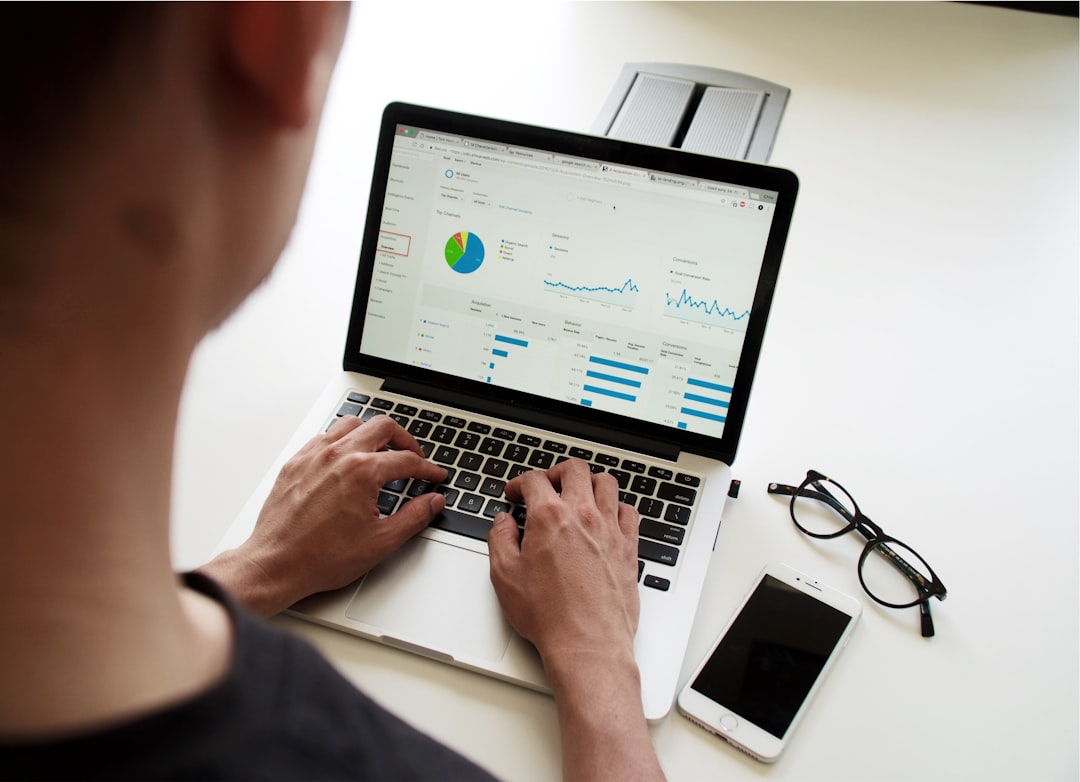
Understanding Economic News: A Guide for Business Leaders in 2024.
# Understanding Economic News: A Guide for Business Leaders in 2024. ## Introduction. In today's rapidly changing economic landscape, staying updated with economic news is crucial for business leaders. The implications of economic shifts can affect everything from market demand and labor costs to investment strategies and global commerce. This blog post aims to provide an insightful overview of the current state-of-economic affairs, important indicators to watch, and how they impact decision-making for businesses in 2024. ## Key Economic Indicators to Monitor. Economic indicators serve as a vital compass for business leaders navigating the tumultuous waters of the global market. These indicators can be broken down into three primary categories: leading, lagging, and coincident indicators. Leading indicators, such as stock market performance and manufacturing new orders, provide predictions of future economic activity. Lagging indicators, including unemployment rates and GDP figures, reflect the economy’s health after changes have occurred. Coincident indicators, like industrial production and personal income, move in sync with the economy. By understanding and monitoring these indicators, business leaders can better anticipate market movements and adjust strategies accordingly. ## The Influence of Central Banks. Central banks play a pivotal role in shaping economic landscapes through their monetary policies. For instance, in response to inflationary pressures, many central banks may raise interest rates to cool the economy. This can directly impact borrowing costs for businesses and individual consumers, ultimately influencing spending and investment decisions. In 2024, it is particularly important for business leaders to stay informed about central bank decisions, as interest rates are expected to fluctuate in reaction to global inflation and economic recovery patterns. Keeping an eye on press releases and policy shifts from central banks can offer valuable foresight. ## Geopolitical Factors and Their Economic Implications. Geopolitical events can have far-reaching consequences on the economy. In recent years, issues such as trade tensions, sanctions, and political instability have impacted global supply chains and market access. Business leaders must remain vigilant regarding these developments, understanding how shifts in international relations could directly affect their operations. For instance, heightened tensions in one region might lead to increased tariffs on goods, disrupting supply chains and potentially raising costs. Learning to navigate these geopolitical dynamics will prove essential for strategic planning and risk management in 2024. ## Consumer Behavior Trends. Understanding consumer behavior is critical for aligning business strategies with market demands. As economic conditions change, so too do consumer preferences and spending habits. For example, economic uncertainty may lead consumers to prioritize essential goods and services over luxury items. In the wake of the COVID-19 pandemic, many consumers have shown a predilection for e-commerce and outdoor experiences, shaping retail strategies and marketing efforts. Keeping track of shifts in consumer behavior can help business leaders make informed decisions regarding product offerings and service enhancements to meet evolving expectations. ## Sustainable Practices and Economic Resilience. In the wake of environmental concerns and social responsibility, sustainable practices have jumped to the forefront of business strategy. Many consumers are now prioritizing brands that align with their environmental values. Consequently, economic news reflecting advances in sustainable technologies and practices can inform business leaders on how to adapt their operational strategies. Such adaptations not only attract a broader consumer base but also foster long-term resilience amidst economic fluctuations. Businesses that invest in sustainability initiatives may find themselves better equipped to weather economic storms while building a loyal customer base. ## Digital Transformation. Rapid technological advancement is a hallmark of modern economies. As we head into 2024, businesses must embrace digital transformation to remain competitive. This encompasses embracing automation, utilizing big data for decision-making, and enhancing online presence. The economic benefits of digitization include increased efficiency and reduced operational costs. Furthermore, understanding the economic landscape of technology can help leaders identify investment opportunities that align with future growth near and abroad. ## Conclusion. In conclusion, business leaders must navigate an intricate web of economic news, indicators, and trends to make informed decisions. By remaining vigilant about economic indicators, central bank policies, geopolitical factors, consumer behavior, and the importance of sustainability and digital transformation, leaders in 2024 will be better equipped to drive their organizations towards success. As the economic landscape evolves, utilizing news and data will serve as a vital ally for making strategic decisions that support long-term sustainability and growth. .






